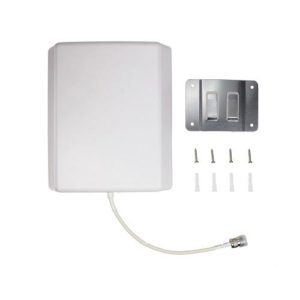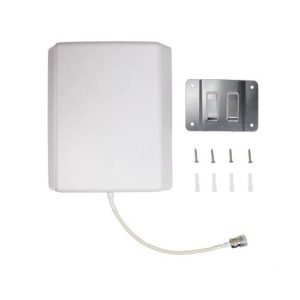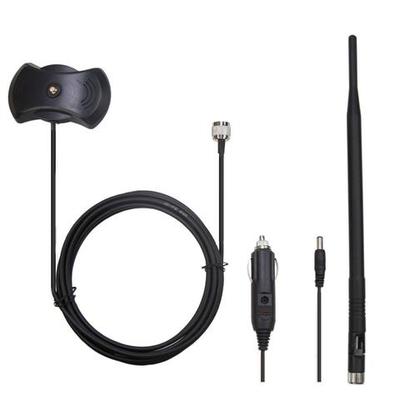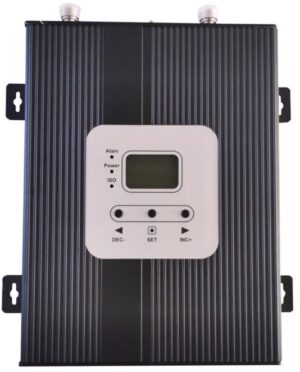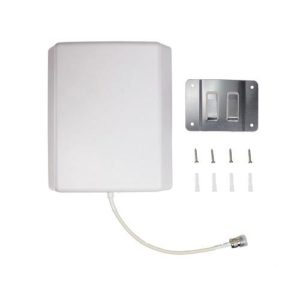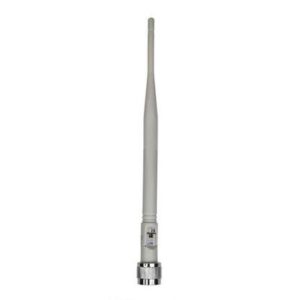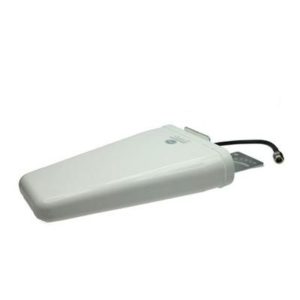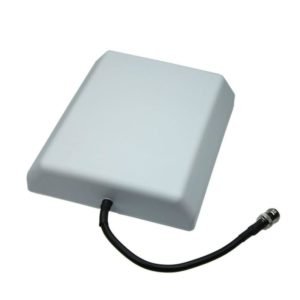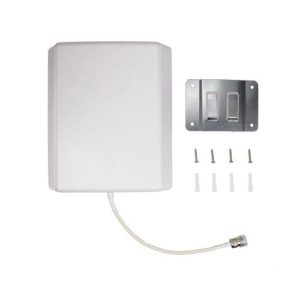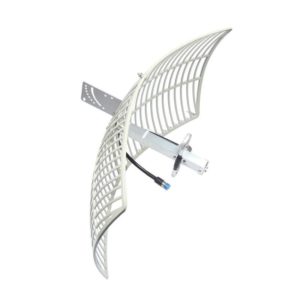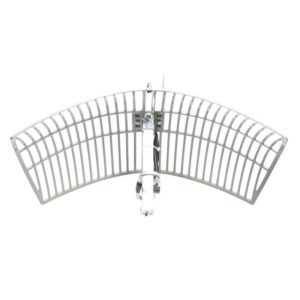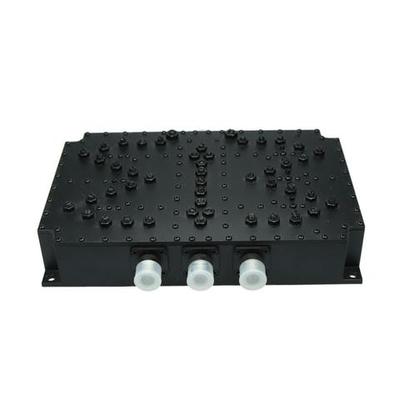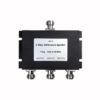

Cell Phone Signal Boosters
We Are 5G Ready

Stay Connected with WaveBoosters 5G Ready Triband Signal Booster
In today’s world, a strong mobile signal is essential. WaveBoosters’ 5G Ready Triband Signal Boosters are designed to provide reliable connectivity, ensuring you stay connected whether you’re working from home, streaming, or communicating with loved ones.
Key Features
Future-Proof Technology
Our Triband Signal Boosters support 5G, preparing you for the latest in future mobile technology. Even if you’re currently using LTE 4G or 3G or even 2G GSM / GPRS for Voice Calls & Sms, our booster enhances signal strength and ensures a smooth transition from old to new.
Triple-Band Coverage
With support across three frequency bands, most popularly known in South Africa on 900 / 1800 & 2100Mhz, our solutions offer comprehensive coverage for all types of properties whether indoors or outdoors. Our Tribands have a self-adjusting mechanism to provide optimal connections in both urban and rural areas, reducing dropped calls and boosting data speeds. In most circumstances where signal is extremely poor we then offer customised solutions with much stronger outdoor receiving antennas to pull signal from the towers.
Three-Year Warranty / 30-Day Money Back Guarantee
We guarantee the excellence of our offering. The three-year warranty that comes with our Triband Signal Boosters are a testament to our faith in its dependability and efficiency. Enjoy a risk-free 30-day money-back guarantee when you try our booster. Return it within 30 days for a complete refund without asking any questions if it doesn’t live up to your expectations. Terms and conditions apply.
Superb After-Sale Assistance
Our top goal is keeping customers happy. To ensure you get the most out of your booster, our support staff is available from 8am to 5pm Monday to Friday to help with installation, troubleshooting, and any problems you may have. We can also install it for you depending on your location.
Benefits
Improved Remote Work
For remote work, especially if you are using a sim-enabled dongle or hotspot device a stable internet connection is crucial. Our booster eliminates dead zones, ensuring uninterrupted video calls, quick uploads, and smooth online collaboration.
Seamless Streaming and Gaming
Put an end to latency and buffering on any SIM enabled device. Our boosters increase internet rates and supply the bandwidth required for fluid gaming and high-definition streaming.
Reliable Signal in Remote Areas
Remote locations with weak signals are no longer a problem. Our booster increases the range of cellular signals, guaranteeing reliable internet access and crystal-clear calls even in difficult-to-reach places.
Easy Installation
Designed for easy, DIY installation, our Triband Signal Boosters come with detailed instructions and all necessary hardware. You’ll be up and running in no time, with our support team just a call away.
The WaveBoosters 5G Ready Tri-band Signal Booster is the solution to your connectivity challenges. With advanced technology, a robust warranty, a risk-free trial, and exceptional support, it’s the perfect choice for enhancing your mobile signal. Make your choice today and enjoy uninterrupted connectivity.
Our expert installers are all ready to make this happen for you. Call Us: 031 813 5429 Email Us: [email protected]
LOAD SHEDDING CONFIGURED BOOSTERS



















